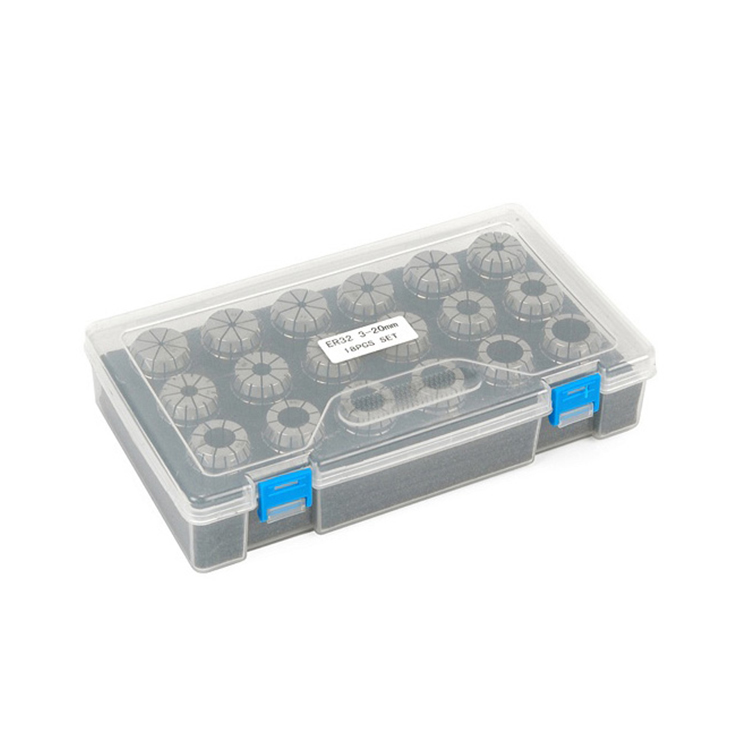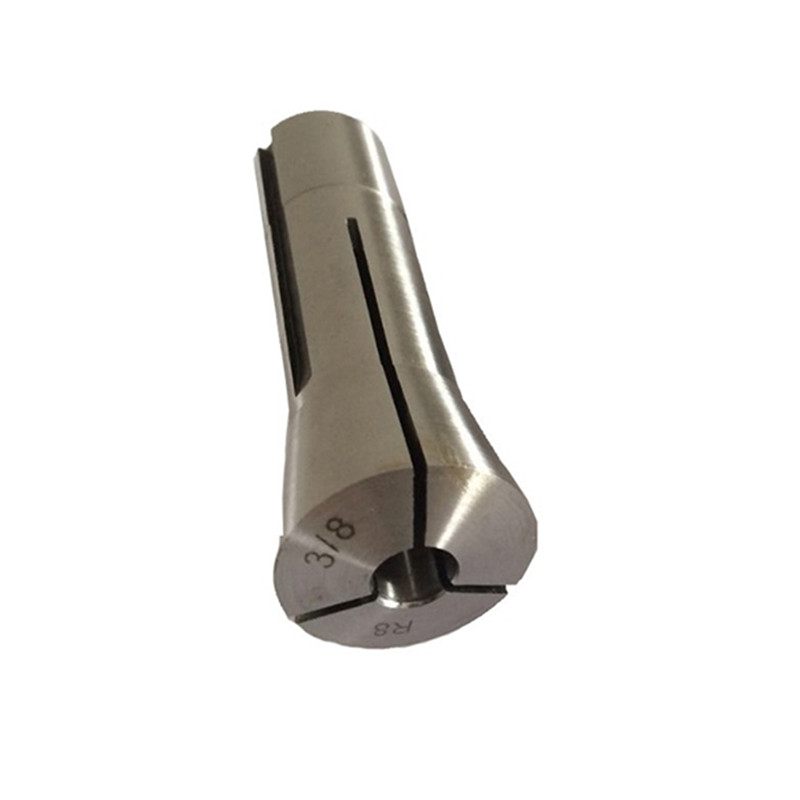High-Quality tapping tools
Selecting the right high-quality tapping tools is crucial for creating precise and durable threads. This guide explores the various types of taps, materials, and applications to help you choose the best tools for your specific needs, ensuring efficient and accurate threading every time.
Understanding Tapping Tools
Tapping tools, also known as taps, are essential for creating internal threads in various materials. Choosing the right tap depends on the material you're working with, the type of thread you need, and the desired precision.
Types of Taps
There are several types of taps, each designed for specific applications:
- Hand Taps: Typically sold in sets of three (taper, plug, and bottoming), these taps are designed for manual use with a tap wrench.
- Taper Tap: Features a long, gradual taper, making it easy to start the threading process.
- Plug Tap: Has a shorter taper than the taper tap and is used after the taper tap to create a more complete thread.
- Bottoming Tap: Features a very short or no taper and is used to create threads close to the bottom of a blind hole.
- Machine Taps: Designed for use with power tools, such as drill presses or CNC machines.
- Spiral Point Taps (Gun Taps): Feature a point that pushes chips forward, making them ideal for through holes.
- Spiral Flute Taps: Pull chips back, making them suitable for blind holes.
- Forming Taps (Roll Taps): Don't cut threads; instead, they form them by displacing material. This creates stronger threads and produces no chips.
- Specialty Taps: Designed for specific materials or applications. Examples include pipe taps (NPT) and nut taps.
Materials Used in High-Quality Tapping Tools
The material of the tap significantly impacts its performance and lifespan. Here are some common materials:
- High-Speed Steel (HSS): A versatile material suitable for general-purpose tapping in a variety of materials, including steel, aluminum, and plastic.
- Cobalt Steel: Offers higher heat resistance and wear resistance compared to HSS, making it suitable for tougher materials like stainless steel and cast iron.
- Carbide: Provides exceptional hardness and wear resistance, making it ideal for high-volume production and abrasive materials.
Wayleading Tools offers a comprehensive selection of taps made from various materials to meet diverse needs. Our high-quality tapping tools are engineered for precision and durability.
Factors to Consider When Choosing Tapping Tools
Selecting the right tapping tools involves several considerations:
- Material of the Workpiece: Choose a tap material that is appropriate for the material you're tapping. For example, cobalt steel taps are a good choice for stainless steel.
- Hole Type: Consider whether you're tapping a through hole or a blind hole. Spiral point taps are best for through holes, while spiral flute taps are better for blind holes.
- Thread Type: Ensure that the tap matches the thread type you need (e.g., UNC, UNF, Metric).
- Tap Size: Select the correct tap size based on the desired thread size and pitch.
- Tolerance: Consider the required thread tolerance. For high-precision applications, choose a tap with a tighter tolerance.
Proper Tapping Techniques for Optimal Results
Even the best high-quality tapping tools require proper technique to achieve optimal results:
- Use the Right Cutting Fluid: Lubrication is essential to reduce friction and heat. Select a cutting fluid that is appropriate for the material you're tapping.
- Apply Consistent Pressure: Avoid applying excessive force, which can damage the tap or the workpiece.
- Back Off Regularly: Back the tap off periodically to break chips and prevent binding.
- Clean the Hole: Ensure the hole is clean and free of debris before tapping.
- Use a Tap Wrench: For hand tapping, use a tap wrench to provide consistent torque and control.
Troubleshooting Common Tapping Problems
Even with the best techniques, problems can arise. Here are some common issues and their solutions:
- Tap Breakage: This can be caused by excessive force, inadequate lubrication, or using the wrong tap for the material.
- Thread Stripping: Occurs when the threads are damaged due to excessive torque or using a worn tap.
- Poor Thread Quality: Can result from dull taps, incorrect tap size, or improper lubrication.
Where to Find High-Quality Tapping Tools
Finding reliable tapping tools is essential for consistent performance. For a wide array of precision-engineered tools, visit Wayleading Tools. We offer a comprehensive selection of taps designed for various applications and materials, ensuring you have the right tool for every job. Contact us for personalized recommendations and expert advice.
Maintenance and Care of Tapping Tools
Proper maintenance is crucial for extending the life of your tapping tools:
- Clean After Use: Remove chips and debris after each use.
- Lubricate Regularly: Apply a thin coat of oil to prevent rust and corrosion.
- Store Properly: Store taps in a dry, protected environment to prevent damage.
- Sharpen When Necessary: Sharpen dull taps to maintain their cutting efficiency. Consider professional sharpening services for optimal results.
Examples of High-Quality Tapping Tools in Action
Let's look at a practical example. Imagine you are tasked with creating threads in a block of aluminum for a custom motorcycle part. Using a set of HSS hand taps, with a suitable cutting fluid, you can create accurate and durable threads for mounting hardware. Starting with the taper tap to initiate the thread, followed by the plug tap to deepen the thread, and finishing with the bottoming tap to create a full thread depth near the bottom of the hole, will ensure your project meets specifications.
Conclusion
Choosing the right high-quality tapping tools and using proper techniques is essential for creating accurate, durable threads. By understanding the different types of taps, materials, and applications, you can ensure efficient and effective threading for any project. Visit Wayleading Tools for a wide selection of precision-engineered tools and expert advice.
Disclaimer: The information provided in this article is for general informational purposes only. Always consult with a qualified professional for specific advice related to your project.
Related products
Related products
Best selling products
Best selling products-
 HSS DP Involute Gear Cutters With PA20 And PA14-1/2
HSS DP Involute Gear Cutters With PA20 And PA14-1/2 -
 32 Blades Feeler Gauge From 0.04-0.88MM
32 Blades Feeler Gauge From 0.04-0.88MM -
 Precision V Block And Clamps Set With Industry Type
Precision V Block And Clamps Set With Industry Type -
 Indexable Square Shoulder End Mill For Industrial
Indexable Square Shoulder End Mill For Industrial -
 Partial profile 55° Threading Insert With ER & IR Type
Partial profile 55° Threading Insert With ER & IR Type -
 Type B Cylinder Tungsten Carbide Rotary Burr
Type B Cylinder Tungsten Carbide Rotary Burr -
 TCT Annular Cutters With Weldon Shank For Metal Cutting
TCT Annular Cutters With Weldon Shank For Metal Cutting -
 ER Collet Set With Hight Precision Milling
ER Collet Set With Hight Precision Milling -
 Precision 8pcs & 9pcs Angle Blocks Set With High Quality Type
Precision 8pcs & 9pcs Angle Blocks Set With High Quality Type -
 25PCS DIN338 HSS Twist Drill Bit Set From 1-13mm
25PCS DIN338 HSS Twist Drill Bit Set From 1-13mm -
 HSS Involute Spline Cutter With PA30
HSS Involute Spline Cutter With PA30 -
 Vernier Height Gauge With Magnifier With Adjustable Main Bean
Vernier Height Gauge With Magnifier With Adjustable Main Bean











